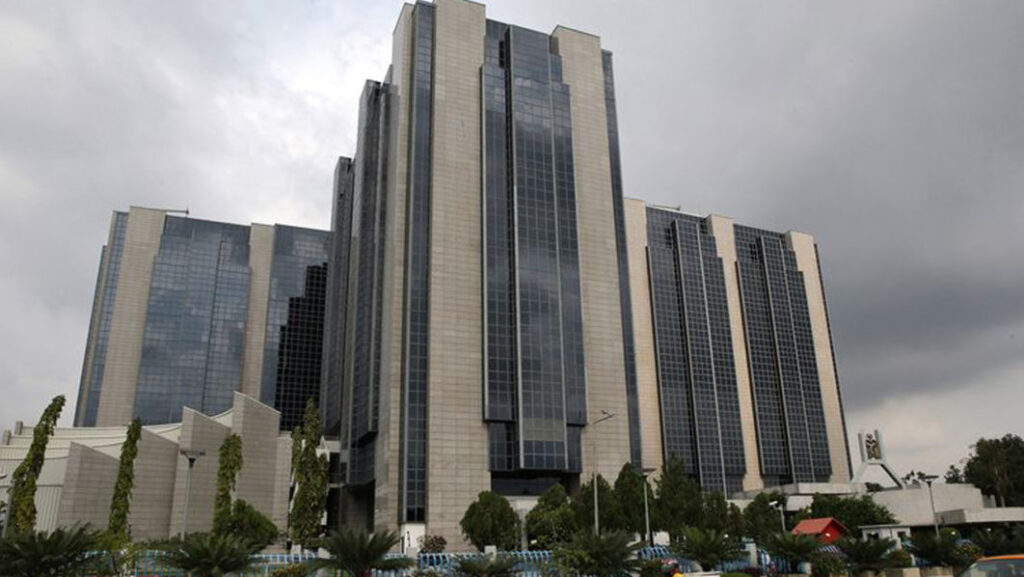
Already, the increasing cost of operation has forced many companies to explore different survival strategies. Sadly, with the falling purchasing power of an average Nigerian, there is a limit to how high prices can go – meaning that many manufacturers, contractors and vendors could only continue to reduce the quality of their products and services to remain in business. This poses danger not only for survival but also the lives of millions of Nigerians.
Just last month, some tax and import duty provisions in the 2023 fiscal policy measures put out by the federal government showed a sharp increase for many sectors, including the construction, manufacturing and transportation sectors; a move experts and industry players have said would hurt the economy further, increase inflation, encourage smuggling and worsen de-industrialisation.
Import duty for iron and steel products have been raised to 45 per cent, in a bid to encourage local production but the director for the Centre for the Promotion of Private Enterprise (CPPE), Muda Yusuf, said it is a detrimental move that will have serious consequences for the construction, manufacturing and housing sectors. He pointed out that the housing deficit in the country is still very high and it is impossible to justify this high import duty.
He added that this would result in not just an increase in cost of housing construction and infrastructure projects but also increase the risk of building collapses and aid smuggling of iron and steel products into the country.
He added that in an economy such as ours with no mortgage plans and individuals that want to undertake building projects have to have the complete cash at hand, the government should be looking for ways to reduce the cost of building rather than making it harder as it is doing right now. He said iron and steel is a major component in building and a 45 per cent increase is exorbitant and detrimental to the sector.

He went on to add that the looming danger is the influx of quacks who will flood the market with lower quality iron and steel products as the purchasing power of Nigerians continues to dwindle daily.
“The truth is that building and construction materials are only going to get more expensive with this policy and unscrupulous elements will take advantage of the situation by bringing inferior materials to sell in the market and many will fall victims. If care is not taken, many buildings are at risk of collapsing because these inferior steel and iron will be used in them. You see people picking iron and metals on the road to sell to smelting companies who melt everything and produce new iron rods for sale; how can we ensure the quality and durability of these rods? How are we going to promote the building and construction sectors with these kinds of policies?”
Other experts also revealed that they are not just worried about the rising cost of iron and steel but dwindling standardisation and loss of investors confidence in the industry. Just last month, there were three incidents of building collapse in Lagos alone and stakeholders have said apart from bad materials being used, blame should also go to shady and greedy developers, weak regulations and corrupt officials.
Speaking with The Guardian, former Vice Chairman, Lagos State chapter of Nigerian Institute of Architects and founding partner/CEO of Architects Designs Associates, Olufemi Shodunke regretted that standardisation in the industry has been watered down badly.
“Aside electrical cables, which are locally made, and so far have been doing well, I do not know of any other building material that is completely solid. Look at steel, iron rods and reinforcement bars; as important as these materials are for the stability of buildings, you can never be 100 percent sure of their quality and with this increase now, the situation is about to get worse. 16mm rods are actually 14mm when you observe well; 14mm are actually 12mm when you look at it.
“They are always cutting corners in terms of the thickness of the rods and even the length, which pushed a lot of people to start procuring reinforcement bars from abroad. Asides cement, reinforcement bars are the main materials used in putting stability to buildings. Even the woods we buy from the sawmill these days are nothing to write home about, you want to buy 2 x 3 planks and you’re given 1.5 x 2. Let us not even talk about the strength of concrete blocks; how can you pick up a cement block and it crumbles? What is the Standards Organisation of Nigeria (SON) doing?
“SON has the statutory function to regulate the standards of materials but are they really doing their jobs? If you do not know how to separate the wheat from the chaff, you’ll find yourself falling into the trap of substandard materials, which abound in the market. SON is not performing their role as they should, they are clearly overwhelmed, understaffed and maybe compromised.
“I think for us to have results in the construction industry, the same way the government carved out food and drugs and put them under the National Agency for Food and Drug Administration and Control (NAFDAC’s) purview, the government needs to carve out another agency solely for the construction and materials industry. SON is handling too many things and can clearly not cope again; they are overwhelmed which is why so many things slip in unchecked.”
Shodunke said building collapsing is very embarrassing as it portends a lack of capacity. “People may begin to question our capacity to adequately man our industry in such a way that collapses will be completely minimised. Collapses happen all over the world because nobody is perfect but when it has become a weekly occurrence as we have here now, it is unacceptable. Building collapses are due to many factors and there is also a lot of impunity on the part of developers who do not engage qualified professionals, they prefer to use quacks and half-trained artisans, camouflaging themselves as experts.
He added the many construction and approval monitors, design, planning, approving authorities and so on are less concerned with their actual jobs, preferring to run after rent and levies instead. Shodunke added that the economic cost of quackery and fakery is huge and the industry is suffering more because of these incidents.

“We, industry professionals, are clearly not happy about the situation or satisfied with both the happenings and standards in the industry and the government can do much more.
He said the economic and social cost of building collapses cannot be quantified, but is presently running into trillions of Naira, saying there would be more collapsed buildings in the future if the government does not step in to do the right thing,
He equally added that asides the economic cost, there is also the mental cost as it would get to a point that people would be wary of entering or renting high rise buildings as they are unsure of the materials used or the safety of such buildings.
He went on to add that SON has to step up in terms of regulation and inspection as the collapses start from the materials being used. “Go to building sites, you will see materials that are below international standards being used openly; the markets are full of substandard iron and steel because the people that should regulate and prevent this from happening, looked the other way because of corruption and illicit gains.”
Fadayomi said buildings, especially high-rise building collapse, is embarrassing and gives structural engineers an unearned, bad reputation. Regretting that most developers, in a bid to cut cost, shy away from using proper structural engineers and employ any type of engineer to take charge of multiple-floors buildings who often use substandard materials out of maybe inexperience or greed. He said most of those ‘engineers’ do not have the expertise or the experience to handle such buildings, which usually leads to the inevitable. “The truth is that the government is under-staffed and cannot see all the nooks and crannies as development is very rapid and happening in different areas. While we acknowledge the fact that the government has to do more in terms of supervision, many people don’t want to pay for expertise, they want to pay peanuts and employ those they can pay peanuts to. Developers always want to cut corners and there is nobody checking them, this is what is killing this industry.”
Adding that the government cannot provide solutions alone, partly because it doesn’t have the experienced personnel to do so, Fadayomi urged the government to establish offices/bodies headed by structural engineers but can partner with private entities to monitor structures around them.
“Government’s role should be more of vetting and control and should cede day-to-day inspection and monitoring for private individuals. This way, we can grow the economy and when anyone is caught, there should be no room for ‘bigmanism’ or ‘man know man’, and their arrest would serve as a deterrent to others. Also, insurance companies shouldn’t take up the insurance of any building that doesn’t present the integrity test signed by a licensed structural engineer. Without these things being done, I’m sorry to say but we will continue to hear of buildings collapsing left and right,” he said.












